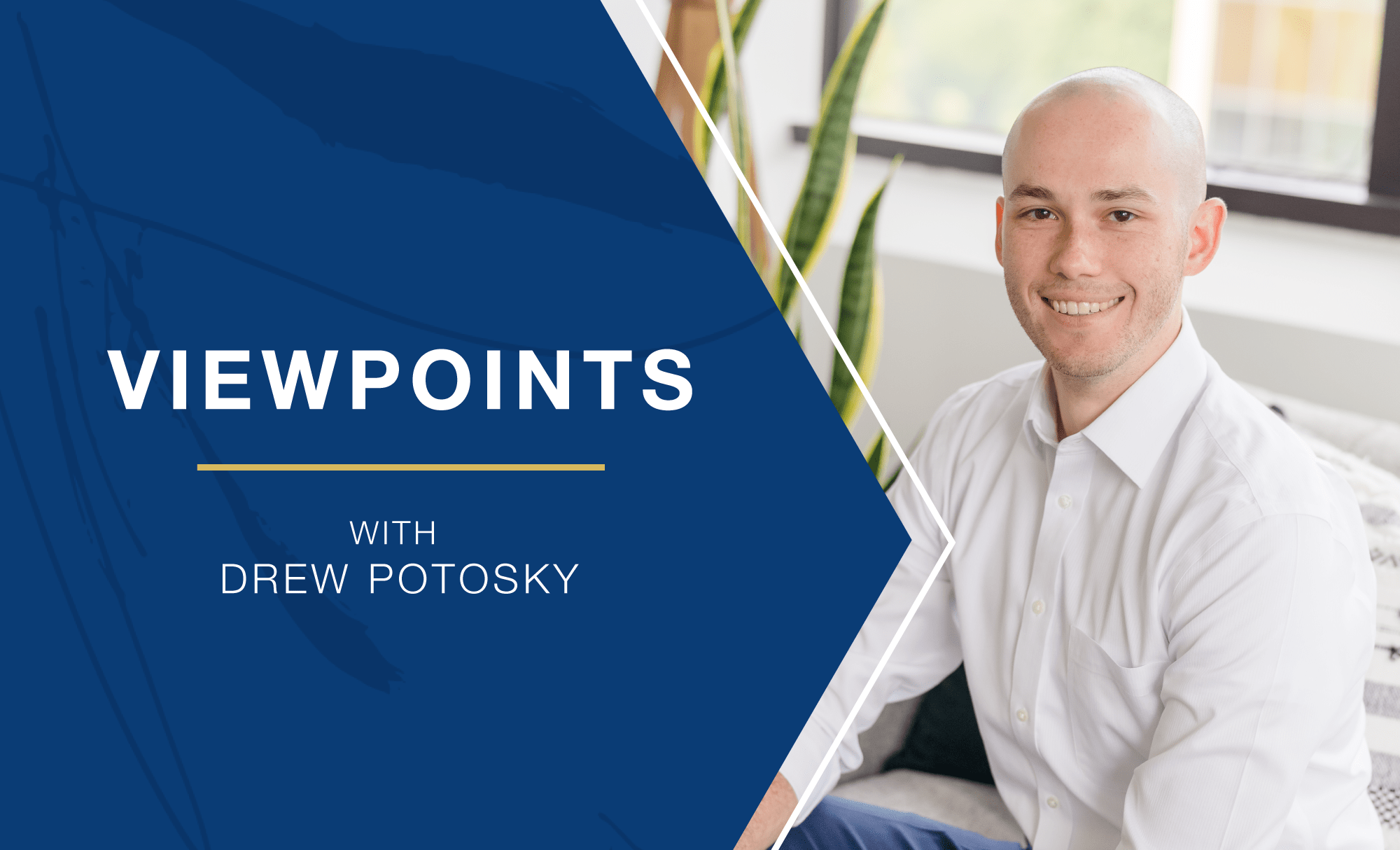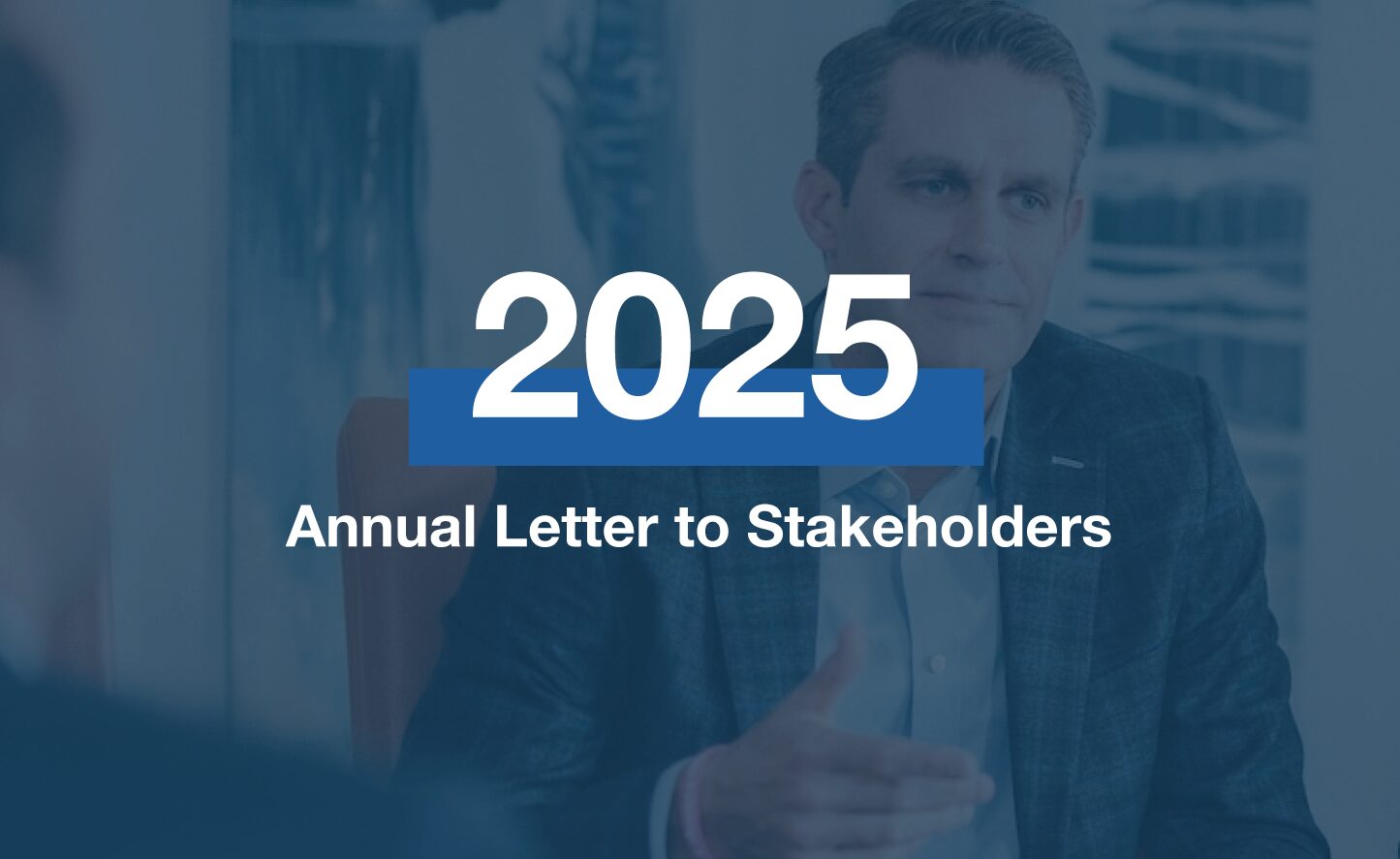
Planning for an Inheritance
Receiving a substantial inheritance can be a transformative event, even for high-net-worth individuals (HNWIs) and families. Properly managing this infusion of wealth is crucial to ensuring long-term financial success in preserving and growing that wealth for future generations, as well as preserving the benefactor’s legacy. This requires a comprehensive approach, careful planning, professional guidance, and a long-term perspective.
A Trusted Advisor
For individuals with significant wealth, securing the expertise of a qualified financial advisor is paramount. Unlike navigating traditional personal finances, managing a few million in portfolio assets along with additional wealth from an inheritance demands a specialized approach.
Your chosen advisor should have a proven track record of navigating complex financial situations and the intricacies of high-net-worth portfolios. They should also understand the potential tax implications, legal considerations, and how to integrate the inheritance into your overall financial strategy.
In addition, look for a fiduciary who, unlike some advisors who may operate under suitability standards, prioritizes your best interests above all else. This legal and ethical obligation translates to transparent advice, objective recommendations, and strategies tailored to your unique financial landscape.
Understand the Tax Implications
For HNWIs receiving a significant inheritance, the tax implications can be substantial and multifaceted. Understanding these tax implications will help you make informed decisions about how to manage and allocate your inherited wealth for both preservation and growth.
Your financial advisor should help identify opportunities within the federal, state and city tax codes to lower your tax burden, so you only pay what’s required. Strategic planning opportunities, such as gifting strategies, trust structures, and charitable giving, can help manage tax implications effectively.
Be Intentional
Even for HNWIs who are used to a comfortable lifestyle, the infusion of wealth from a significant inheritance can be tempting to spend spontaneously. Rather than making immediate lifestyle changes or large purchases, you should carefully consider your options and how this inheritance fits into your long-term financial goals.
Whether it is a one-time payout or payment over multiple years, you may feel a sense of sudden financial independence that entices you to quit your job or retire early. Having a trusted advisor in place can help you make pragmatic decisions about your wealth and how the inheritance may impact your long-term plans.
Be Strategic About Debt Management
While it might seem logical to immediately pay off debts with your inheritance, a more nuanced approach is often beneficial. Work with your financial planner to develop a strategic debt management plan.
- Prioritizing high-interest debts for repayment
- Consider keeping low-interest loans that may be able to be outpaced by smart investments
- Balancing debt repayment with other financial goals and opportunities
The PDS Approach
At PDS Planning, we believe in fostering long-term partnerships built on trust and unwavering dedication to your financial success. We prioritize personalized financial plans over product sales, employing flat fees to ensure complete transparency. Our team of experienced and credentialed professionals embraces the fiduciary standard, offering comprehensive guidance across all aspects of your financial journey.
IMPORTANT DISCLOSURE INFORMATION: Please remember that past performance is no guarantee of future results. Different types of investments involve varying degrees of risk, and there can be no assurance that the future performance of any specific investment, investment strategy, or product (including the investments and/or investment strategies recommended or undertaken by PDS Planning, Inc. [“PDS”]), or any non-investment related content, made reference to directly or indirectly in this blog will be profitable, equal any corresponding indicated historical performance level(s), be suitable for your portfolio or individual situation, or prove successful. Due to various factors, including changing market conditions and/or applicable laws, the content may no longer be reflective of current opinions or positions. Moreover, you should not assume that any discussion or information contained in this blog serves as the receipt of, or as a substitute for, personalized investment advice from PDS. To the extent that a reader has any questions regarding the applicability of any specific issue discussed above to his/her individual situation, he/she is encouraged to consult with the professional advisor of his/her choosing. PDS is neither a law firm nor a certified public accounting firm and no portion of the blog content should be construed as legal or accounting advice. A copy of the PDS’ current written disclosure Brochure discussing our advisory services and fees is available for review upon request or at www.pdsplanning.com. Please Note: PDS does not make any representations or warranties as to the accuracy, timeliness, suitability, completeness, or relevance of any information prepared by any unaffiliated third party, whether linked to PDS’ web site or blog or incorporated herein, and takes no responsibility for any such content. All such information is provided solely for convenience purposes only and all users thereof should be guided accordingly. Please Remember: If you are a PDS client, please contact PDS, in writing, if there are any changes in your personal/financial situation or investment objectives for the purpose of reviewing/evaluating/revising our previous recommendations and/or services, or if you would like to impose, add, or to modify any reasonable restrictions to our investment advisory services. Unless, and until, you notify us, in writing, to the contrary, we shall continue to provide services as we do currently. Please Also Remember to advise us if you have not been receiving account statements (at least quarterly) from the account custodian.



